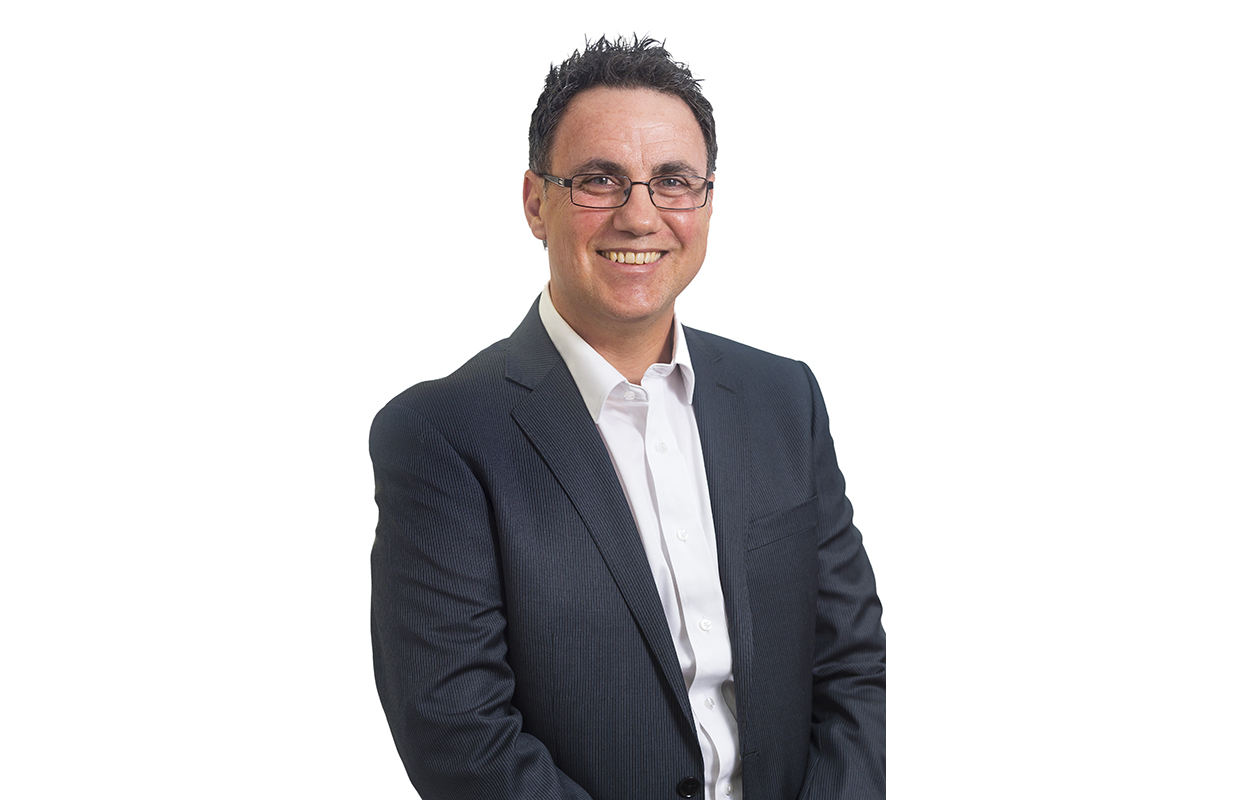Hankering for a hobby farm? Have a penchant for a few shimmering vines? Maybe you’re already “farming”. You might see your rural acres as a hobby but your idyllic vision may not be one shared by the ATO if it morphs into a business. Which may not be such a bad thing!
The question is to figure out whether your farm is a hobby or a primary production business and why it matters.
But what is the difference and how can you tell? Defining “primary production” and “business” is no problem. Figuring out if a business of primary production is being carried on is not so easy.
Are you carrying on a primary production business?
First, let’s look at the definitions. “Business” is clearly defined to include any profession, trade, employment, vocation or calling (other than an occupation as an employee), and “primary production” broadly refers to plant or animal cultivation (or both); fishing or pearling (or both); or tree farming or felling (or both).
Determining whether a business of primary production is being carried on requires both these definitions to be satisfied, but neither provides a simple test for when the nature and extent of your activities amounts to the carrying on of a business.
Business indicators
Fortunately, there are a number of indicators, courtesy of case law, that give some direction, but the ATO emphasises that no one indicator will nail it.
It’s a matter of weighing up all the relevant indicators in each individual case.
The indicators explore a number of issues, including the following:
- the nature of the activity – has it started, does it have a “significant commercial purpose or character”, what is its scale (large enough to make a profit), will it be profitable, etc?
- the intention of the taxpayer – does the taxpayer intend to engage in business and to make a profit, has the taxpayer carried out research and analysis, etc?
So many questions! Here’s another one: why does it matter?
Weighing up the tax considerations
Defining whether you are carrying on a hobby or a primary production business matters because there are tax considerations for both activities, such as the following.
If it’s a hobby you can enjoy the activity without any reporting obligations. You don’t need to declare any profit from the activity, but you can’t claim any losses. Also, without an ABN, to supply another business you will need to complete a special form and provide a written statement to the payer, otherwise tax will be withheld at the highest rate.
If your hobby becomes a primary production business, you need to declare your income to the ATO, get an ABN and keep tax records. You can also claim general business deductions for your expenses (unless you’re offsetting a loss against other income, in which case you need to satisfy the ATO’s “non-commercial loss” tests or defer your loss until you make a profit). You can also claim the new instant asset write-off for SMEs of up to $30,000 and take advantage of tax concessions available to primary producers such as tax offsets and deductions.
For example, it is not uncommon for clients to contact us after having purchased their dream home along with a few hectares of land to discuss the tax and business implications of farming a few sheep or cattle. In a number of cases, the nature and character of the activity is such that resembles a hobby.
One of MGI Adelaide’s clients were looking for a lifestyle change and moved from the suburbs to the foothills of Adelaide. Their property included a residential home on 5 Hectares of land. Eagerly embracing their sea change, they initially purchased 5 cows along with investing in fencing the property. These capital expenses incurred in their first year naturally raised the question regarding claiming the usual deductions in relation to running a business. MGI Adelaide were able to advise their client that, although the land type and area supports the possibility of running a farming business, the nature of their current activity in terms of scale and profit making purpose in conjunction with the client’s full time employment status meant that turning this into a business at this stage would prove extremely difficult. However, as a result of MGI Adelaide’s ongoing consultation with the client, they now have clear direction when the hobby farm could turn into a business making venture.
Don’t hear it on the grapevine
If it’s all enough to turn you to drink, come and see us for some expert advice and guidance on the most tax-effective way forward for your farm!
